Rows of stalls brimming with the thick fragrance of attars, the gentle gleam of tasbihs, countless varieties of prayer mats and religious caps — this is a scene common at the city's Baitul Mukarram Market. As you wander through its bustling lanes, you encounter sellers who have spent years building their lives around these religious wares. Their stories are as diverse as the goods they sell.
Take Noro Nobi, for example, who arrived in Dhaka in 2018 with little more than faith and determination. With limited resources, he began selling tasbihs (prayer beads) and prayer caps. His goods, sourced from various wholesalers, quickly gained a loyal following.
"At first, I thought I'd sell anything – vegetables, fruits – but when I saw this market, I felt it was calling me. I wanted to sell something that connected people to their faith," Nobi shares, gently arranging an assortment of intricately carved tasbihs.
His collection includes prayer beads made from fragrant sandalwood, polished stones, and even semi-precious gems. Customers also flock to his store for his collection of attars — from the woody warmth of oud to the delicate sweetness of rose, each fragrance is a sensory link to the Islamic heartlands.
For many, a visit to Nobi's stall is not just a shopping experience but a step toward nurturing their spirituality. "It's not just about selling products; it's about understanding what my customers need for their prayers and daily lives," he explains.
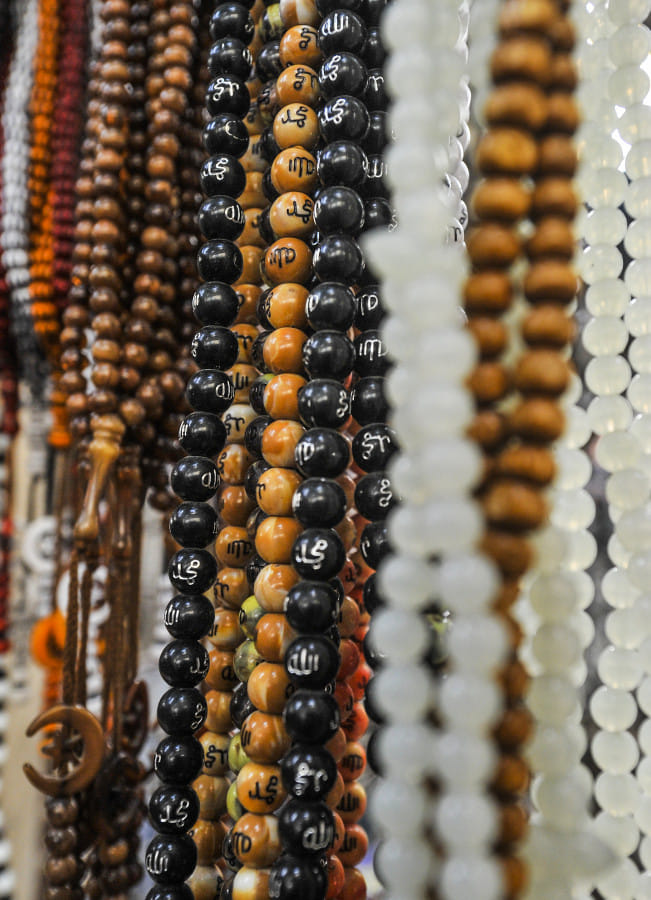
Not far from Nobi's shop, Akram Ali has carved a niche selling prayer mats and Qur'an holders. Originally from Chittagong, Akram came to Dhaka a decade ago to pursue a better life. He began as a porter but his keen eye for craftsmanship soon led him to the world of prayer mats.
"I've been here for ten years," he says, carefully unrolling a mat with intricate floral patterns. "I started with only a few items, but now I stock mats from Saudi Arabia, Iran, and India."
For Akram, selling prayer mats is a way to help people create their sacred spaces.
"There was a young couple who came here before their wedding," Akram shares. "They bought matching mats, saying they wanted to start their married life with prayer. Moments like that make all the hard work worth it."
Baitul Mukarram Market draws a diverse crowd. There are devout Muslims seeking items for personal worship, families shopping for gifts during festivals, and even tourists fascinated by the cultural significance of the wares. Fridays see the market at its busiest, as worshippers from the mosque spill into the bazaar to browse its offerings.
Despite its bustling atmosphere, the market is not without challenges. Sellers face rising costs due to fluctuating exchange rates and import taxes, which affect the affordability of their products. Competition is fierce, as dozens of stalls offer similar wares, forcing sellers to differentiate themselves through personalised service and quality offerings.
"It's not easy," admits Noro. "Sometimes, I have to lower my prices just to make a sale. But at the end of the day, I'm grateful. This market has given me everything."
While tradition remains at the heart of Baitul Mukarram Market, modernity has begun to creep in. Some sellers are experimenting with online sales, offering their goods to customers far beyond Dhaka. "I've started posting pictures of my mats on Facebook," Akram shares. "I even got an order from someone in Chittagong. It's a new way to keep the business going."
Yet, the tactile experience of the market – the feel of a smooth tasbih or the sight of vibrant stalls – remains irreplaceable.
As Baitul Mukarram Market continues to thrive, it displays the enduring appeal of faith-driven commerce. Sellers embody the spirit of the market, combining hard work with a deep respect for their customers' spiritual needs. Their stories are woven into the fabric of this unique marketplace, where every product tells a tale of devotion and tradition.



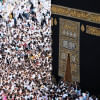
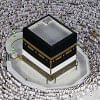
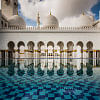
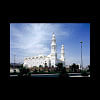

Comments